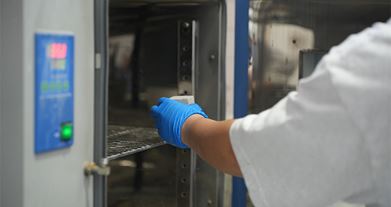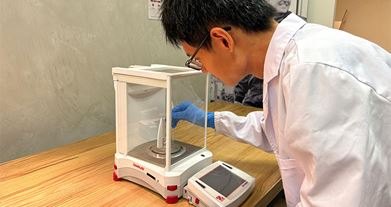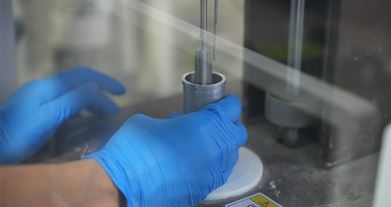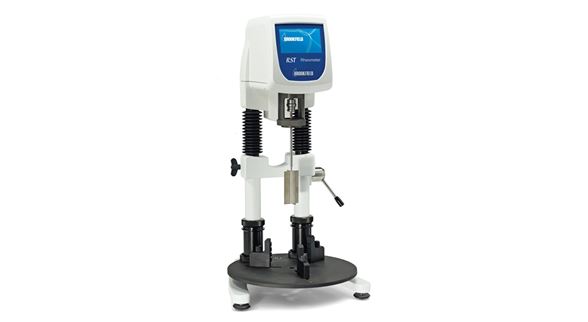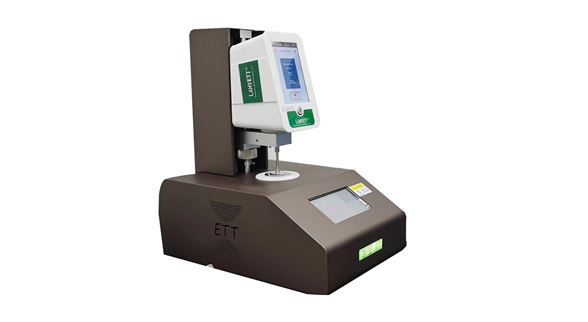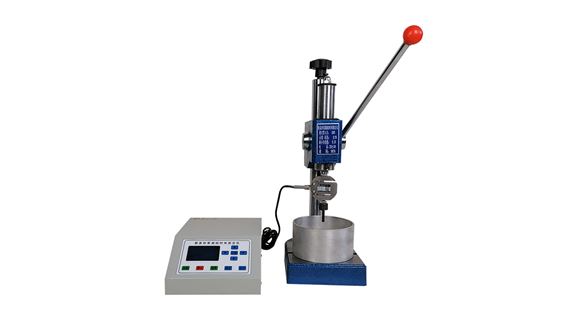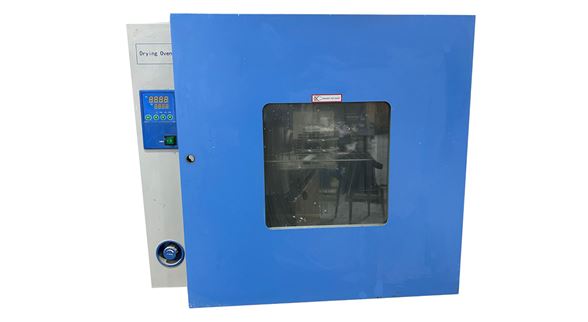What resources we have?
| Tests | Equipment | Applicability for Construction Concrete/Timber Waste | Applicability for Consumer Plastic Waste | Applicability for Food/Metal Waste |
|---|---|---|---|---|
| Carbon/Mineral content | Thermogravimetric Analyzer | Y/Y | N | Y/Y |
| Viscosity of suspension | Rheometer (RST CC) | Y/N | N | Y/N |
| Viscosity of suspension | Rheometer (CP-5000) | Y/N | N | Y/N |
| Buildability and setting of plastomer | Penetration Resistance Tester | Y/N | N | Y/N |
| Water content | Oven (normal) | Y/Y | N | Y/Y |
| Water content | Oven (vacuum drying) | Y/Y | Y | Y/Y |
| Weight of the samples | Balance (to 0.1 mg) | Y/Y | Y | Y/Y |
| Compression strength | Compression Machine for Mortar | Y/Y | Y | Y/Y |
Specification
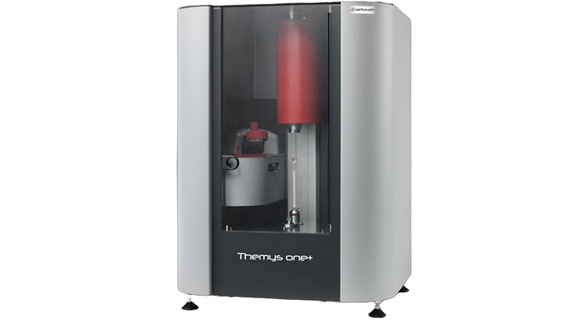
Thermogravimetric Analyzer (TGA) with Auto Sampler
Location: U104
Process: Testing
Material: Construction Materials and Wastes, Polymer
Specification:
Model: KEP SETARAM THEMYS ONE+
Major specification:
- Measuring ranges: +/- 1000 mg or +/- 200 mg
- Auto sampler with a 32-position carousel
- Furnace configuration up to 1150 ℃
- Temperature scanning rate: 0.01 to 100 ℃/min
Application:
- Inorganically mineral qualitative and quantitative determination
- Organic carbon content determination
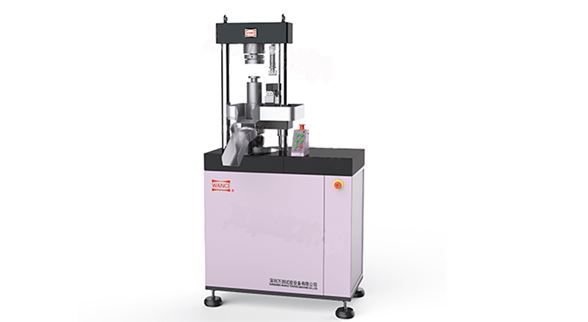
Wance Compression Machine for Mortar
Location: U005
Process: Construction Materials
Material: Multiple Materials
Specification:
- Maximum test force: 300kN (compressive strength); 10kN (flexural strength)
- Net distance between two columns: 330mm
- Loading speed: 2400 ± 200N/s (compressive strength); 50 ± 5N/s (flexural strength)
Rheometer (RST CC)
Process: Construction Materials
Material: Multiple Materials
Specification:
- Speed ranging from 0.0001 to 80 rpm in both clockwise or counter-clockwise
- Torque ranging from 0-10000 Nmm with a resolution of 0.05 Nmm and accuracy better than 0.02Nm
- Specimen volume of 3L with inner diameter of 165 mm and height of 175 mm
- Special proximity sensor with automatic stop function
Rheometer (CP-5000)
Process: Construction Materials
Material: Multiple Materials
Specification:
- Measurement range: 0.6-540,000,000 mPa.s
- Accuracy: ±1% (of current range)
- Repeatability: 0.2%
- Automatic temperature control: Optional temperature range of -60~300°C
- Sample volume: 0.03~0.15ml (cone-plate system); 2.1~25ml (coaxial cylinder system)
Penetration Resistance Test
Location: U005
Process: Construction Materials
Material: Construction Materials
Specification:
- In compliance with ASTM C403/C403M-16
- Maximum penetration force of 1000 N
- Indication error within -1% to 1%
- Minimum graduation value of 0.1 N
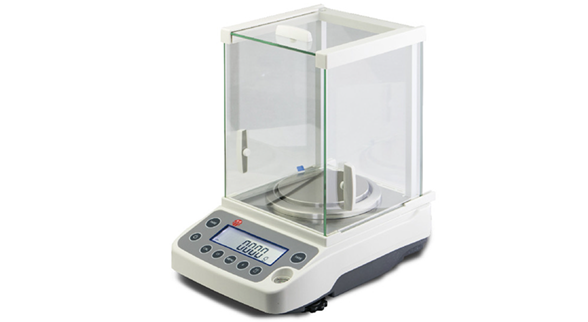
Electronic Balance (ten thousandth)
Location: U104
Process: Construction Materials
Material: Multiple Materials
Specification:
- Model: BSA120.4
- 120g range
- ±0.1mg
- Tray size with a diameter of 90mm
Drying Oven (normal)
Location: U005
Process: Construction Materials
Material: Multiple Materials
Specification:
- Provided for desiccation, torrefaction, wax-melting and sterilization in laboratory
- Uniform distribution of air temperature and forced-air convention
- Temperature range RT+10~200°C
- Temperature stability ±1°C
- Chamber volume: 136L
- Interior dimension (W x D x H, mm): 550 x 450 x 550
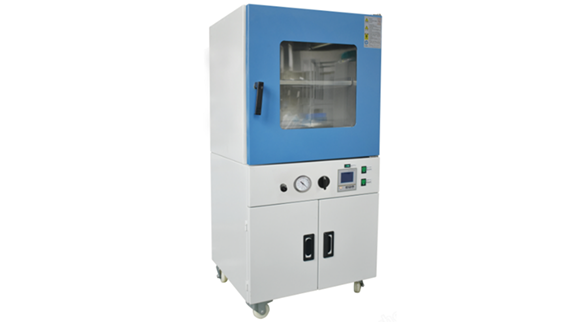
Drying Oven (vacuum drying)
Location: U104
Process: Construction Materials
Material: Multiple Materials
Specification:
- Model: BPZ-6033LCB
- Temperature control range: RT+10-200 ℃
- Inner container size: 320 × 320 × 320 mm
- Program-controlled drying monitoring with automatic ventilation at end of process
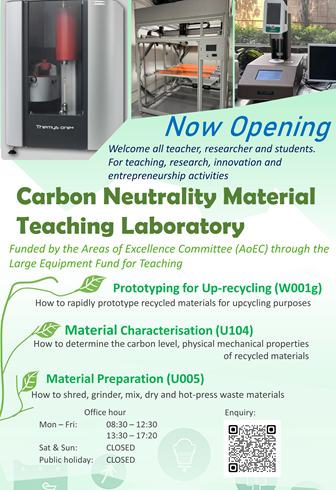
Contact Us
Apart from the Carbon Neutrality Lab, IC also provides varies of equipment and support (Testing, Training, and Consultation) that meet your need. Kindly consult our IC staff for more details on collaboration.
Sustainable Material Characterisation Laboratory
Opening Hours: 08:30 to 17:20, Monday to Friday
Venue: U104
Enquiries
LIU Ming-kit Kenny 廖銘傑
Engineering Manager (Construction and Infrastructure Team)

